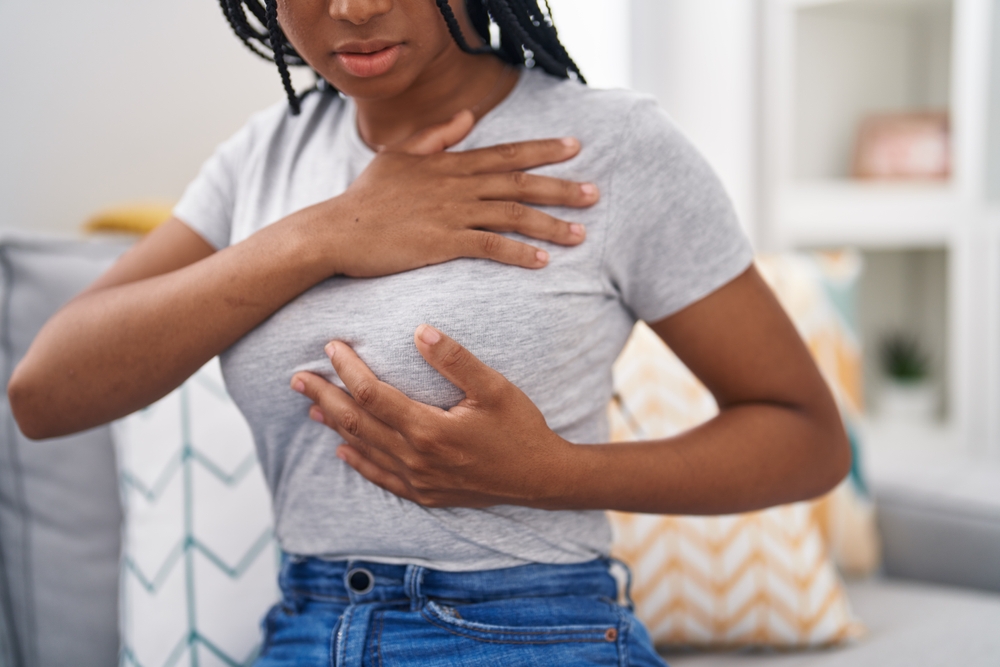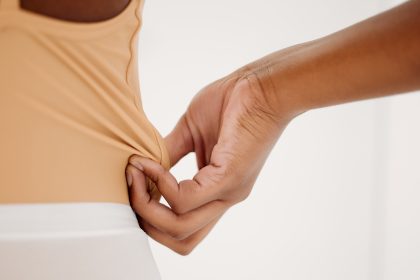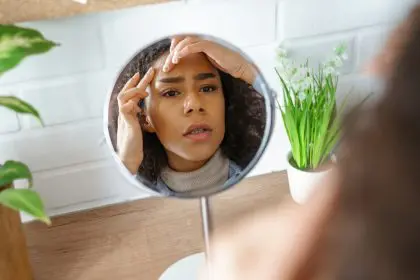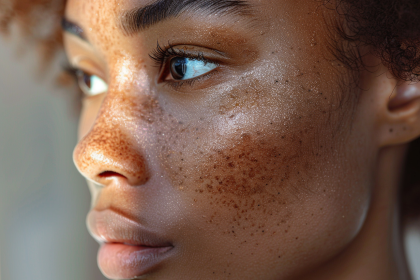Itchy breasts and nipples can be an uncomfortable experience that disrupts daily life. While occasional itching may seem harmless, persistent or severe discomfort might signal an underlying issue. Understanding the potential causes can help you address the problem effectively and seek professional care when needed.
1. Skin irritation and dryness
One of the most common causes of itchy breasts and nipples is skin irritation. This can occur due to environmental factors such as cold weather or frequent washing, which strips the skin of its natural oils. Harsh soaps, lotions, or detergents containing fragrances or chemicals can also trigger dryness or irritation.
To alleviate this, opt for gentle, hypoallergenic products and moisturize regularly. Keeping your skin hydrated and protected can prevent itchiness from escalating.
2. Allergic reactions
Allergic reactions to fabrics, dyes, or even skincare products can cause itching. Synthetic fabrics or tight clothing that traps sweat can irritate sensitive skin around the breasts and nipples. Laundry detergents or fabric softeners with strong fragrances or chemicals might also be culprits.
If you suspect an allergy, switching to natural fabrics like cotton and fragrance-free products may help. If the itch persists, consulting a dermatologist can help identify the irritant and provide relief.
3. Hormonal changes
Hormonal fluctuations during menstruation, pregnancy, or menopause can lead to changes in breast tissue and skin sensitivity. Increased estrogen levels, for example, can cause breasts to swell and the skin to stretch, resulting in itchiness.
While these changes are typically normal, applying soothing creams or using cold compresses can provide temporary relief. For persistent or severe itching, speaking with a health care provider is recommended.
4. Infections and rashes
Fungal or bacterial infections can develop under the breasts, especially in warm, moist areas. Conditions like intertrigo, caused by skin friction, or a yeast infection, often result in redness, irritation, and itching.
In some cases, contact dermatitis—an allergic reaction to substances that touch the skin—can cause a rash and itching on the breasts and nipples. Over-the-counter antifungal creams or prescribed medications may be necessary to treat these infections. Maintaining proper hygiene and wearing breathable fabrics can also prevent recurrence.
5. Eczema or psoriasis
Chronic skin conditions like eczema or psoriasis can manifest on the breasts and nipples, causing itching, redness, and flaking. These conditions often flare up due to triggers such as stress, allergens, or harsh weather.
Treatment typically involves using medicated creams or ointments to manage symptoms. Identifying and avoiding specific triggers can help reduce flare-ups and minimize discomfort.
6. Underlying health conditions
In rare cases, itchy breasts and nipples may signal a more serious condition such as inflammatory breast cancer or Paget’s disease of the breast. These conditions may also present with symptoms like skin changes, redness, or discharge from the nipple.
If you notice persistent itching accompanied by other unusual symptoms, it’s crucial to consult a health care professional for further evaluation. Early detection and treatment are key to managing these conditions effectively.
When to see a doctor
Occasional itching is usually harmless, but you should seek medical attention if:
- The itching persists for more than a few days.
- There is redness, swelling, or a rash.
- You experience nipple discharge or skin thickening.
- The itchiness interferes with your daily life.
Preventing itchy breasts and nipples
Preventative measures can reduce the likelihood of itchy breasts and nipples. These include:
- Wearing breathable, natural fabrics like cotton.
- Keeping the skin moisturized with fragrance-free products.
- Avoiding harsh detergents and soaps.
- Maintaining proper hygiene, especially after exercise.
- Addressing hormonal imbalances through a health care provider.
Final thoughts
While itchy breasts and nipples are often caused by manageable factors like dryness or allergies, persistent or severe symptoms should not be ignored. Paying attention to your body and addressing changes promptly can help you maintain comfort and overall health. If in doubt, consulting a medical professional can provide clarity and peace of mind.
This story was created using AI technology.














